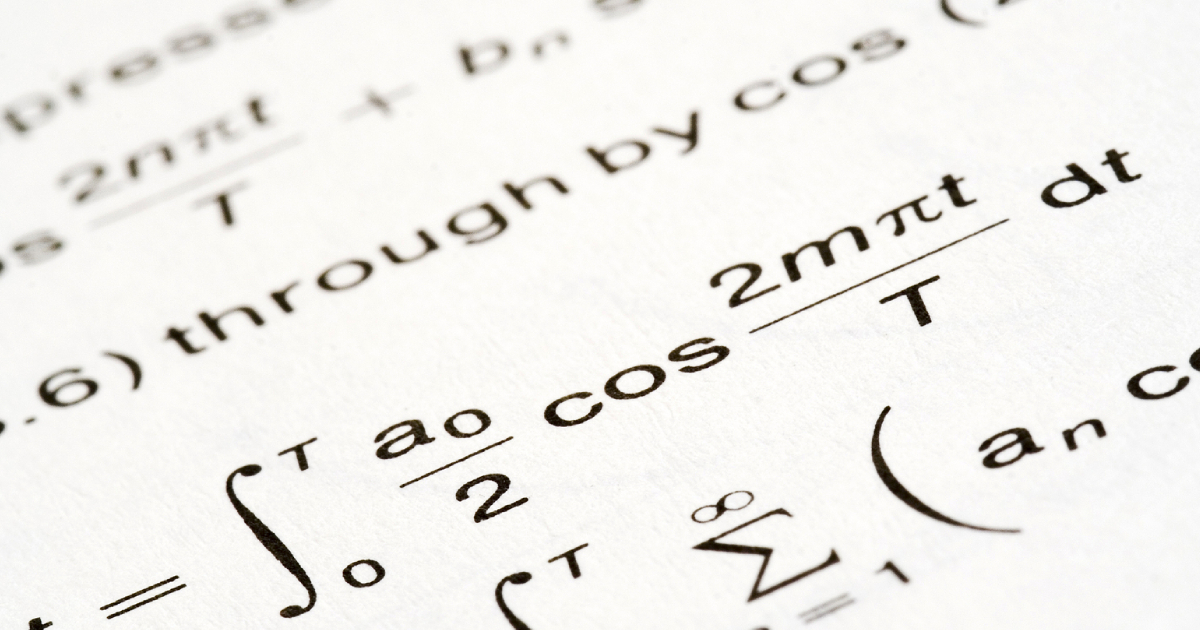Finding the right tuition centre can make a world of difference in your child’s academic journey, especially when it comes to a subject like mathematics. Not all tuition centres are created equal—some focus on rote learning, while others aim to build critical thinking and long-term understanding. Before you commit to a math tuition programme, it’s worth taking the time to assess your options carefully. Asking the right questions can help you identify a centre that not only fits your child’s academic needs but also supports their learning style and overall development.
Here are five key questions to ask before enrolling your child in a math tuition centre.
What is the teaching approach and curriculum focus?
Every tuition centre has a unique teaching philosophy. Some rely heavily on practice drills and memorisation, while others adopt a concept-based approach that encourages students to understand the “why” behind the formulas. Ask how the centre teaches topics—do tutors emphasise problem-solving strategies, or is the focus primarily on exam techniques?
It’s also worth checking if the curriculum is aligned with MOE standards and how the centre adapts to changes in the syllabus. A centre that teaches ahead of the school curriculum may benefit advanced learners, but it may overwhelm those who are still grappling with foundational concepts.
If your child is also taking science subjects, you might notice that centres with a strong academic framework often provide support in multiple areas. For instance, it’s common for centres offering maths tuition to also have an O-Level Chemistry tutor in Singapore on board to support students holistically.
Are the tutors qualified and experienced?
The qualifications and experience of the tutors play a pivotal role in the effectiveness of any tuition centre. Find out if the tutors are MOE-trained, hold relevant degrees in mathematics, or have a proven track record of helping students achieve significant grade improvements. Experience in the classroom is not just about knowledge—it’s about knowing how to explain complex concepts in a way that resonates with students of varying ability levels.
Don’t hesitate to ask how long the tutor has been teaching math or whether they specialise in particular levels (e.g., primary, lower secondary, upper secondary). A seasoned tutor can quickly identify your child’s weak areas and tailor lessons to address them effectively.
What is the class size and student-to-teacher ratio?
Class size can significantly impact your child’s learning experience. Smaller classes generally mean more personalised attention, opportunities to ask questions, and a better understanding of each student’s needs. If a class is too large, students may fall behind without receiving the support they need.
Ask the centre how many students are typically in each class and whether they offer any one-on-one or small group sessions. Some centres also provide diagnostic assessments before placement to ensure your child is assigned to a group that matches their level of proficiency.
Understanding the student-to-teacher ratio can also give you insight into how interactive and customised the lessons are. A centre that prioritises quality over quantity will make this clear from the start.
What types of materials and resources are provided?
The quality of learning materials can enhance or hinder your child’s progress. Ask if the tuition centre provides customised worksheets, past-year papers, topical revision guides, or digital tools to reinforce learning. Well-structured materials can streamline revision, support a revision plan that actually works, and make lessons more effective.
Some centres may also offer online platforms for additional practice or video explanations of key topics. These resources are particularly useful for visual learners or students who benefit from revisiting complex topics at their own pace.
If your child is struggling with other subjects like science, it may be worth exploring centres that integrate cross-subject support.
How are progress and performance tracked?
Consistent monitoring of your child’s progress is essential to ensure that tuition is having a positive impact. Ask how the centre assesses student performance—do they conduct regular quizzes, mock exams, or one-on-one feedback sessions? Is there a system for tracking improvements and identifying areas that still require work?
Transparency in reporting is equally important. Will you receive regular updates about your child’s performance? Are parent-teacher meetings scheduled, and is there an open channel for communication?
A tuition centre that prioritises progress monitoring will be proactive in sharing feedback, adjusting teaching strategies, and involving parents in the learning process. This not only builds trust but also creates a supportive ecosystem for your child’s academic growth.
Conclusion
Choosing the right math tuition centre involves more than comparing prices or locations—it’s about finding a place where your child feels supported, challenged, and motivated to learn. From the teaching approach and tutor credentials to class size and resource quality, the right centre will answer your questions with clarity and confidence.
If you’re currently exploring your options, Studious Minds offers a comprehensive and student-focused approach to math and chemistry tuition that prioritises both academic improvement and confidence-building. To learn more about our programmes and how we can support your child’s learning journey, visit Studious Minds.


